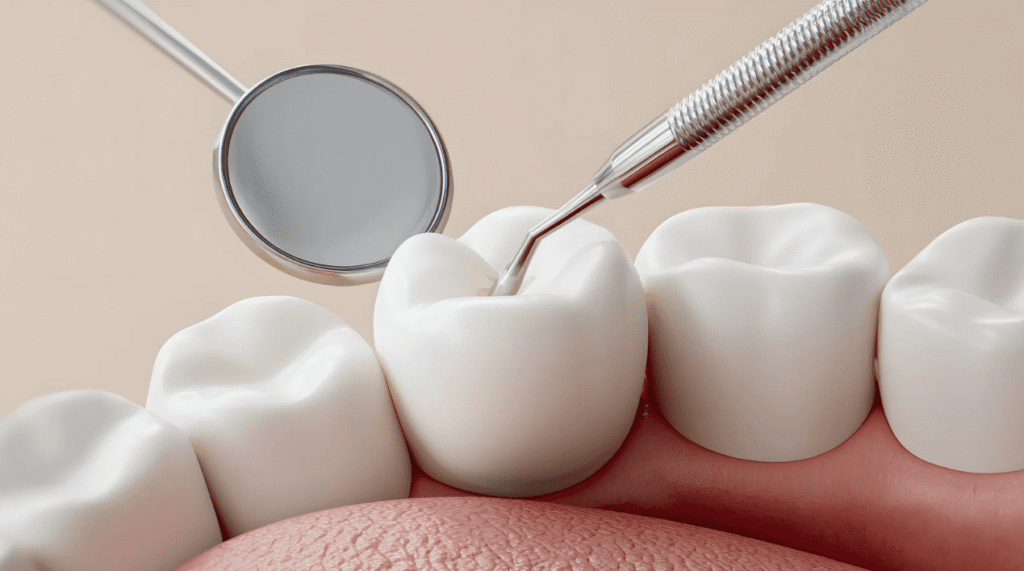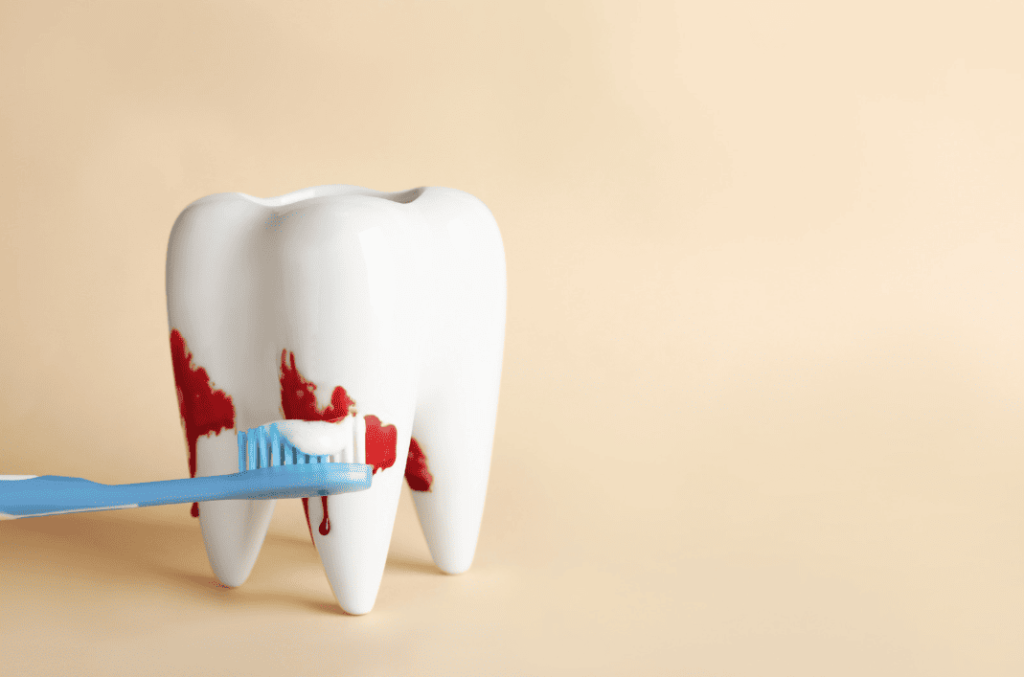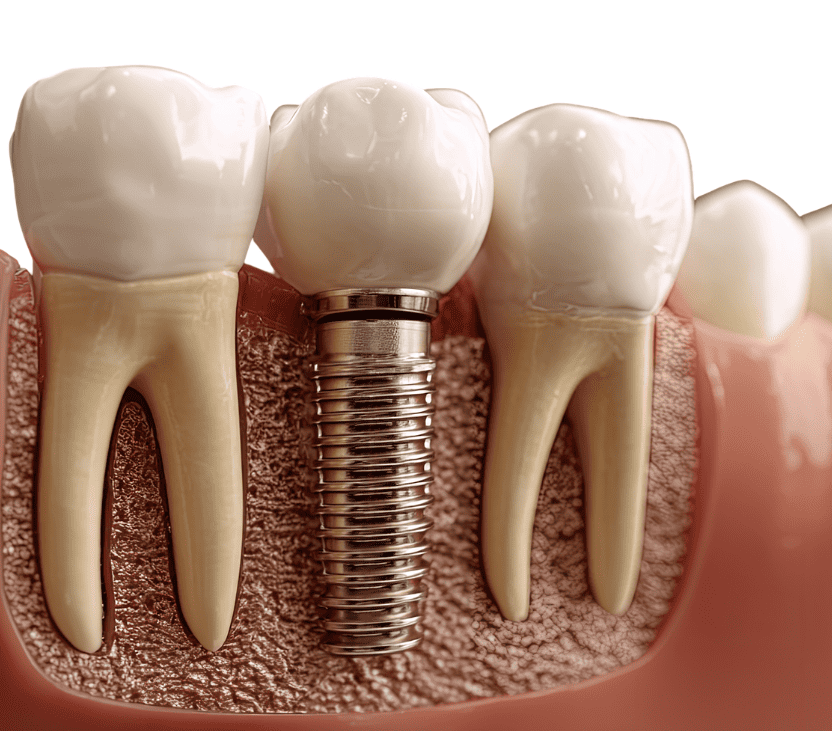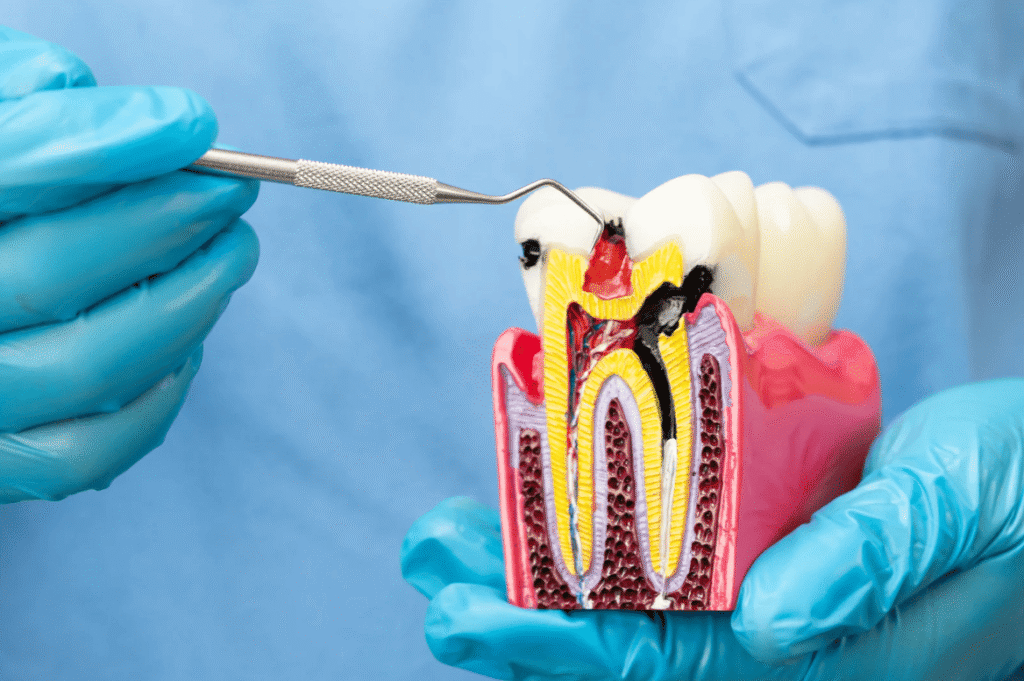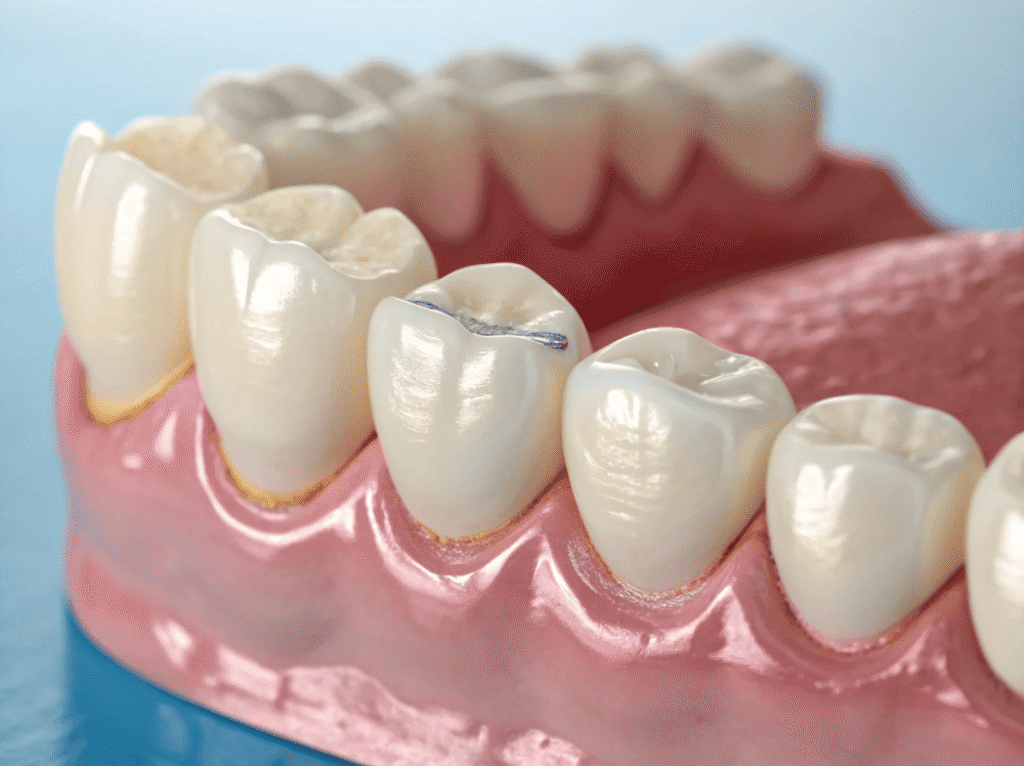
Mouth Ulcers: Causes, Symptoms, and Quick Treatment Methods
Mouth ulcers are a frequent condition affecting the oral mucosa, marked by small, painful sores typically located on the inner cheeks, tongue, lips, or gums. In recent years have driven a noticeable rise in mouth ulcer incidence. These sores can hinder eating and speaking while causing psychological discomfort, affecting overall quality of life.
This guide provides a thorough examination of mouth ulcer causes, symptoms, and quick treatment methods, along with practical prevention strategies. Whether you’re encountering mouth ulcers for the first time or seeking long-term solutions, this article serves as your essential resource for managing this common health issue.
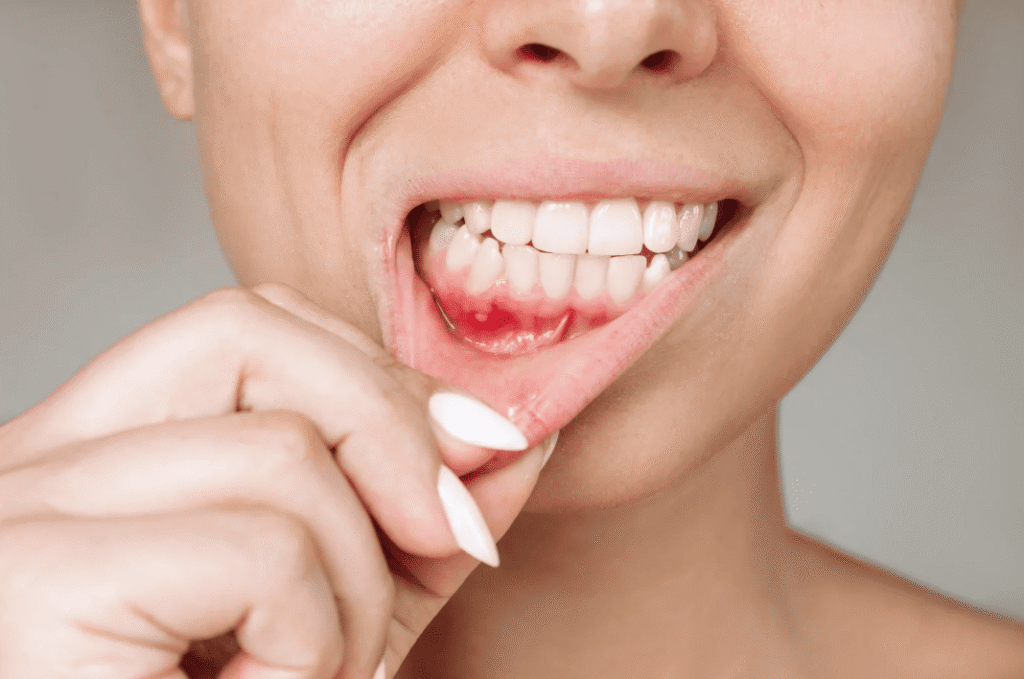
Mouth Ulcer Causes: A Deep Dive into Trigger Factors
Understanding the underlying causes of mouth ulcers is essential for effective treatment and prevention. Below are the primary factors contributing to mouth ulcers:
1. Stress and Immune Imbalance
The high-pressure urban lifestyle, often leads to chronic stress, late nights, or heavy workloads, weakening the immune system. This imbalance increases the oral mucosa’s inflammatory sensitivity, making mouth ulcer formation more likely, especially during seasonal colds or fatigue periods.
2. Dietary Irritants
Diet is a key trigger for mouth ulcers. Diverse food culture, featuring spicy dishes, acidic fruits and coarse foods, can damage the oral mucosa, leading to localized inflammation and ulcer development. Reducing consumption of these irritants is a vital preventive step.
3. Mechanical Injury
Mechanical trauma is a common cause of mouth ulcers. Accidental biting of the inner cheek, aggressive brushing with hard-bristled toothbrushes, or friction from dental appliances can create micro-injuries in the mucosa. Prompt wound care and gentler oral hygiene practices can help reduce these occurrences.
4. Nutritional Deficiencies
A shortage of essential nutrients such as Vitamin B12, iron, zinc, or folic acid impairs the oral mucosa’s self-repair ability, contributing to mouth ulcer formation. Urban diet, dominated by refined foods, often lacks these micronutrients. Vegetarians or those with restrictive diets are at higher risk, and medical-guided supplementation is advised to strengthen mucosal resilience.
5. Underlying Medical Conditions
Certain chronic diseases may present mouth ulcers as an early symptom, acting as hidden triggers. Conditions like Crohn’s Disease, Celiac Disease, or autoimmune disorders (e.g., Systemic Lupus Erythematosus) can indirectly affect oral health through immune dysregulation or poor nutrient absorption. If ulcers recur frequently or accompany systemic symptoms (e.g., abdominal pain, joint stiffness), a comprehensive medical evaluation is recommended to identify the cause.
6. Chemical Irritants
Some oral care products, such as toothpastes or mouthwashes containing Sodium Lauryl Sulfate (SLS), may dry out oral tissues, causing mild irritation that triggers mouth ulcers. Switching to SLS-free, gentle alternatives can help mitigate this risk.
*Identifying personal triggers is key. Maintain a diary of your diet, stress levels, and lifestyle habits during ulcer outbreaks to accurately pinpoint causes, enabling targeted prevention.
Safeguard Your Oral Health
At Smith & Jain Dentists, we are committed to delivering professional dental care, from thorough oral examinations to tailored treatments designed for your unique needs. Our expert team provides compassionate guidance throughout your journey to a healthier mouth.
Why Choose Smith & Jain Dentists?
- ✅ Personalized Treatment Plans – Every patient’s oral condition is unique, and we craft targeted solutions to address your specific concerns.
- ✅ Advanced Dental Technology – Utilizing digital diagnostic tools, we ensure precise assessments and effective treatments.
- ✅ Experienced Specialist Team – With extensive expertise, we guarantee top-tier care and swift recovery.
💡 Take the First Step Toward a Pain-Free Mouth! Contact us today to begin your oral health transformation.
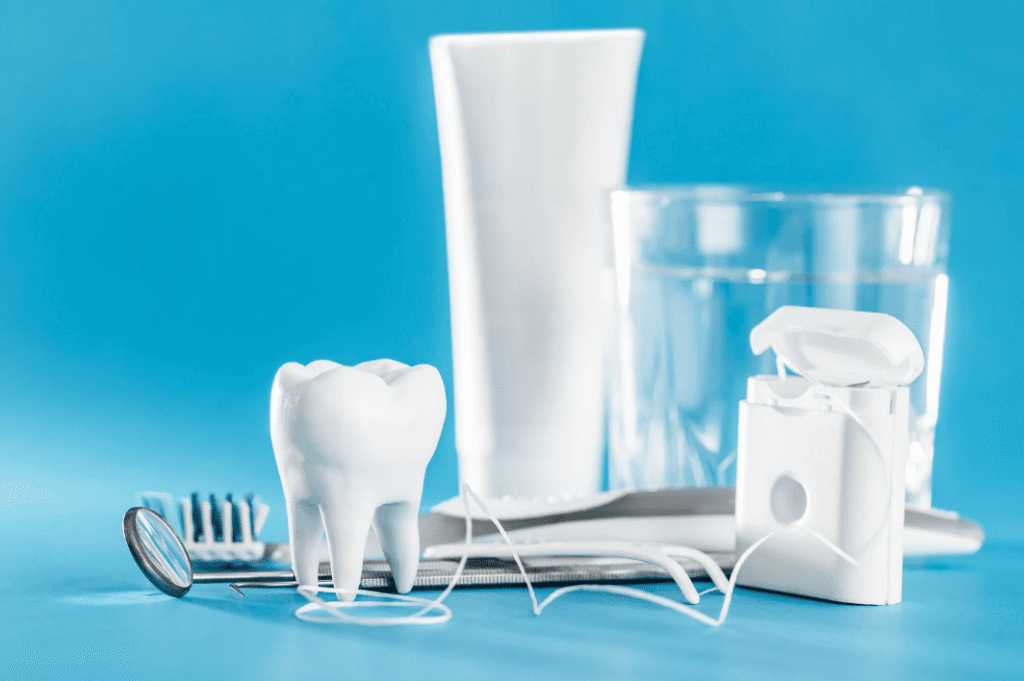
Mouth Ulcer Symptoms: How to Identify Them
Recognizing mouth ulcer symptoms is crucial for early intervention and effective treatment. As a common oral mucosa disorder, mouth ulcers exhibit distinct characteristics that aid in identification. Below is a detailed analysis of symptoms to help you assess your condition accurately.
Pain and Visual Characteristics
Mouth ulcers typically appear as round or oval sores, ranging from 2-10 mm in diameter, with a white or yellowish necrotic center surrounded by a red, inflamed border. Pain intensifies during eating, speaking, or drinking, particularly when consuming hard or hot foods, significantly affecting daily comfort.
Early Warning Signs
Hours to days before an ulcer forms, individuals may experience a localized burning sensation or mild tingling, signaling an impending outbreak. These early indicators are especially common among sensitive individuals, offering a chance for preemptive care.
Duration and Recurrence Patterns
Under normal circumstances, mouth ulcers heal within 7-14 days, though this varies by individual. For those with recurrent ulcers, outbreaks may occur every few weeks to months, with some experiencing multiple episodes annually, necessitating long-term management.
Accompanying Symptoms
In severe or complex cases, patients might notice mild swelling of the neck lymph nodes, bad breath, or slight fever. These signs are more prevalent with larger ulcers or when linked to underlying conditions, warranting closer attention and potential medical evaluation.
Self-Examination Techniques
- Use a mirror to check for white patches or red swelling inside your mouth.
- Note if ulcers are located on the inner cheeks, tongue, or lips.
- Seek immediate medical advice if symptoms persist beyond two weeks or are accompanied by fever or fatigue.
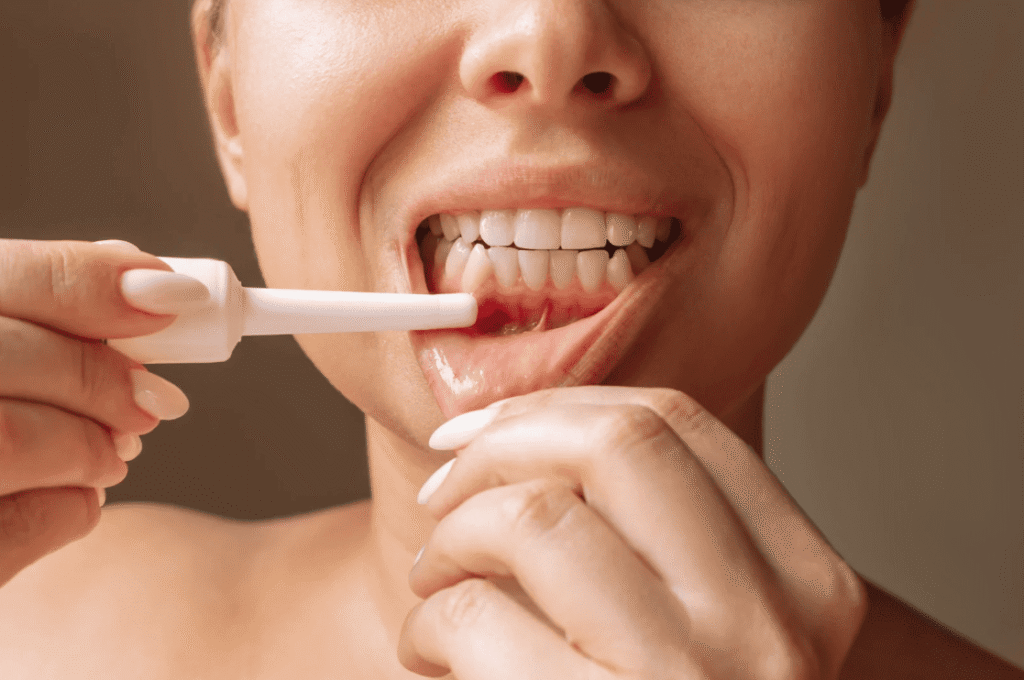
Quick Treatment Methods for Mouth Ulcers
Most mouth ulcers possess a natural healing capacity, typically resolving within 7-14 days. However, employing appropriate quick treatment methods can significantly shorten recovery time, alleviate pain, and reduce complication risks. Below is a comprehensive approach combining home remedies and professional treatments to relieve symptoms effectively.
5 Effective Home Treatment Methods
These convenient home-based solutions are ideal for mild to moderate mouth ulcer cases.
1. Warm Saltwater Rinse
Dissolve ½ teaspoon of fine salt in a cup of warm water (about 200 ml), and rinse gently 3 times daily—morning, evening, and after meals—for 30 seconds each time.
- Benefits: The hypertonic saltwater solution offers antibacterial and anti-inflammatory properties, clearing oral bacteria and aiding ulcer tissue repair.
- Precautions: Maintain water temperature between 35-40°C to avoid further mucosal irritation; avoid eating immediately after rinsing to maximize efficacy.
2. Topical Pain Relief Gel
- Method: Apply a thin layer (about 0.5 g) of lidocaine-based gel (e.g., Orajel™) or benzocaine preparations, available at pharmacies, to the ulcer before meals or bedtime for 4-6 hours of relief.
- Benefits: Local anesthetics quickly numb pain, benefiting those struggling to eat.
3. Protective Barrier Patch
- Method: Apply a CankerCover™ ulcer patch or similar medical barrier gel 1-2 times daily, covering the ulcer for 2-4 hours.
- Benefits: Creates a physical shield against food debris and saliva, accelerating tissue regeneration.
4. Avoiding Irritants
- Method: Switch to SLS-free toothpastes, avoid spicy, acidic, or hard foods, and use a soft-bristled toothbrush.
- Benefits: Reduces chemical and mechanical irritation, lowering recurrence risk.
5. Natural Remedies
- Method: Apply pure raw honey or medical-grade aloe vera gel (0.2-0.3 g) 2-3 times daily to the ulcer.
- Benefits: Honey’s antibacterial and anti-inflammatory properties, combined with aloe’s soothing effect, are safe and effective for mild cases.
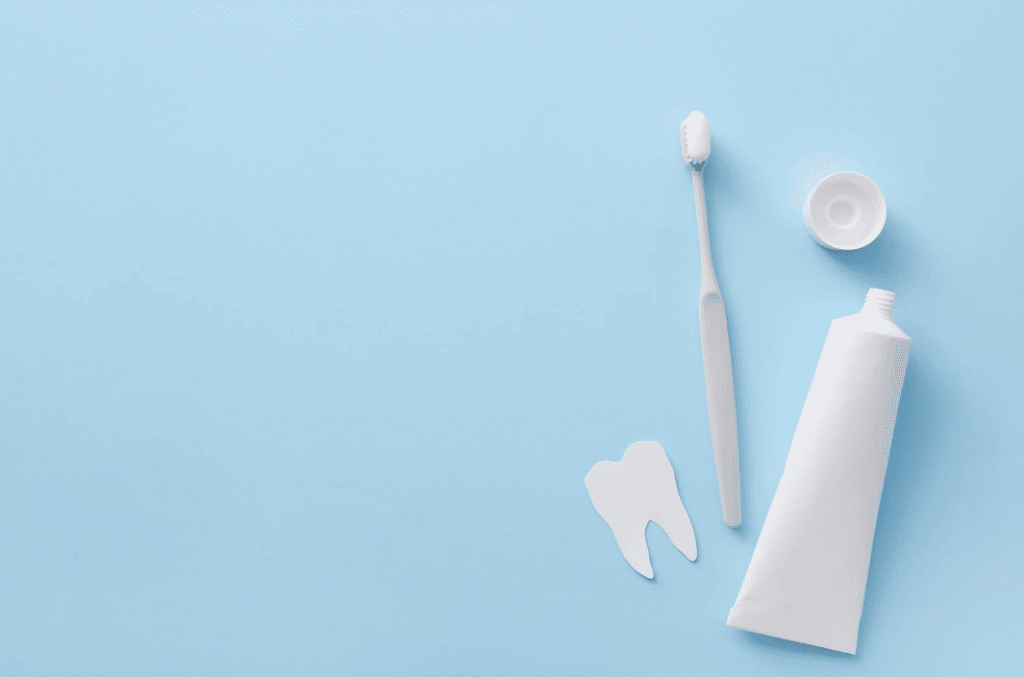
4 Professional Treatment Options
For recurrent or severe mouth ulcers, home care may not suffice. Consider these expert interventions:
1. Steroid Ointments
- Method: Use dentist-prescribed ointments containing triamcinolone or hydrocortisone for ulcers exceeding 5 mm or causing severe pain.
- Benefits: Reduces inflammation and speeds healing, typically over 5-7 days.
- Precaution: Follow dosage instructions strictly.
2. Laser Therapy
- Method: Low-energy CO2 or diode laser applied directly to the ulcer surface.
- Benefits: Promotes tissue regeneration, reduces pain, and offers noticeable relief in a single session.
- Suitability: Ideal for frequent or large ulcers.
3. Nutritional Supplementation
- Method: Address nutrient deficiencies (e.g., Vitamin B12, iron, zinc) identified via blood tests with supplements prescribed by a dentist, typically over 4-8 weeks.
- Benefits: Boosts immunity and lowers recurrence rates.
- Precaution: Consult a professional before starting.
4. Management of Underlying Conditions
- Method: For ulcers linked to Crohn’s Disease, Celiac Disease, or autoimmune disorders, collaborate with a physician for tests (e.g., endoscopy, immunology) and tailored treatment.
- Benefits: Targets root causes for long-term relief.
- Precaution: Seek early diagnosis.
Professional Reminder and Follow-Up
Mouth ulcers persisting beyond two weeks, or accompanied by fever or intense pain, require immediate professional evaluation to rule out oral cancer or other pathologies. Regular symptom tracking is advised, and patients should avoid excessive self-medication during treatment to prevent worsening irritation.
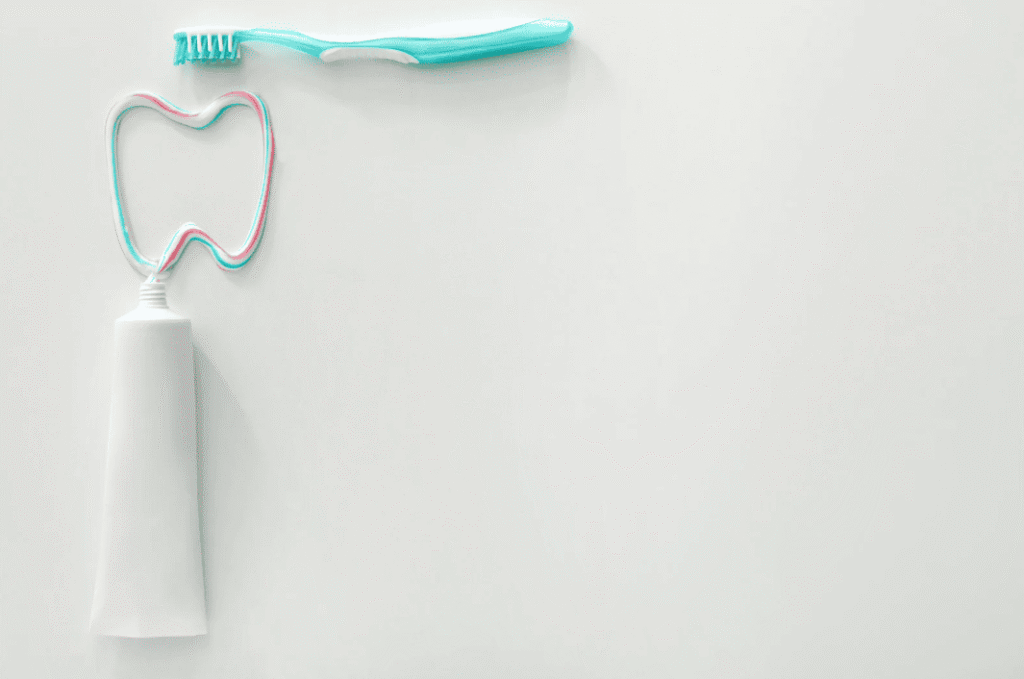
Preventing Mouth Ulcers: Reducing Recurrence Risk
Prevention is more effective than treatment when it comes to mouth ulcers. Implementing targeted strategies can significantly lower their incidence and improve overall oral health. Below are practical measures to help you prevent and minimize the risk of mouth ulcers.
1. Maintain a Balanced Diet
Nutritional Support
- Iron: Incorporate spinach, lean beef, or red kidney beans 2-3 times weekly to boost blood circulation and support mucosal repair.
- Vitamin B12: Consume eggs, salmon, or fortified cereals, aiming for a daily intake of 2.4 micrograms to prevent nerve damage and ulcer risk.
- Zinc: Include pumpkin seeds, lentils, or seafood, targeting 8-11 mg daily to enhance immunity and tissue regeneration.
Dietary Adjustments
- Reduce processed foods (e.g., chips, instant noodles) and high-sugar drinks, which may exacerbate inflammation linked to mouth ulcers.
- Add a variety of colorful vegetables to each meal to increase antioxidant intake, reducing mucosal inflammation—a habit well-suited to Hong Kong’s diverse food culture.
2. Manage Stress
Emotional Regulation
Practice 10-15 minutes of mindfulness meditation or gentle yoga daily. Studies show this can lower cortisol levels, decreasing stress-induced mouth ulcers by up to 25%.
Optimize Sleep Quality
- Aim for 7-8 hours of quality sleep, ideally before 11 PM, to support immune cell regeneration and lower ulcer risk.
- Use a comfortable pillow and avoid blue light exposure (e.g., phones, computers) one hour before bed to improve sleep patterns, a challenge for Hong Kong’s night-owl population.
3. Maintain Oral Hygiene
Cleaning Habits
- Use a soft-bristled toothbrush, replaced every 3 months, and brush gently to minimize trauma that triggers mouth ulcers.
- Brush with fluoride toothpaste daily, avoiding food intake immediately after rinsing to protect gum health.
Regular Dental Cleanings and Checkups
Schedule professional cleanings every 6 months to remove tartar and plaque buildup. Oral checkups also enable early detection of issues like misaligned teeth or mucosal abnormalities.
Summary
While mouth ulcers are common, understanding their causes and applying targeted treatments can effectively alleviate discomfort and accelerate healing. From home remedies to professional care and daily prevention, each step plays a vital role in maintaining oral health.
Safeguard Your Oral Health
At Smith & Jain Dentists, we are committed to delivering professional dental care, from thorough oral examinations to tailored treatments designed for your unique needs. Our expert team provides compassionate guidance throughout your journey to a healthier mouth.
Why Choose Smith & Jain Dentists?
- ✅ Personalized Treatment Plans – Every patient’s oral condition is unique, and we craft targeted solutions to address your specific concerns.
- ✅ Advanced Dental Technology – Utilizing digital diagnostic tools, we ensure precise assessments and effective treatments.
- ✅ Experienced Specialist Team – With extensive expertise, we guarantee top-tier care and swift recovery.
💡 Take the First Step Toward a Pain-Free Mouth! Contact us today to begin your oral health transformation.
Frequently Asked Questions
Are Mouth Ulcers Contagious?
No, mouth ulcers are not contagious diseases directly caused by viruses or bacteria. Their primary triggers include immune system imbalances, psychological stress, or oral trauma rather than infectious pathogens. If you suspect other oral infections (e.g., herpes simplex), seek professional diagnosis promptly.
Why Do Mouth Ulcers Recur Frequently?
Recurrent mouth ulcers may stem from multiple factors, including emotional stress, nutritional deficiencies (e.g., lack of Vitamin B12 or iron), or internal oral injuries. We recommend keeping a log of outbreak times, diet, and lifestyle habits, then scheduling a dental checkup at Smith & Jain Dentists. Our team uses digital scans and thorough assessments to identify personal triggers and develop a customized prevention plan.
Can Mouth Ulcers Turn into Oral Cancer?
Generally, mouth ulcers do not directly lead to oral cancer. However, if an ulcer persists beyond three weeks without healing or exhibits painless lumps, unusual bleeding, or other alarming symptoms, heightened vigilance is required. For your safety, contact a dentist immediately for a comprehensive oral examination if these signs appear.
Disclaimer
All information provided on this website is for informational purposes only and is intended to help readers gain general knowledge about dental health. The content on this website should not be considered a substitute for professional dental diagnosis, advice, or treatment. If you have any dental concerns, please consult a licensed dentist for appropriate medical advice and treatment. Smith & Jain Dentists and its affiliates are not responsible for any direct or indirect damages resulting from the use of this website’s information. This website may include links to external websites for reference purposes only. Smith & Jain Dentists is not responsible for the content or accuracy of third-party websites.

